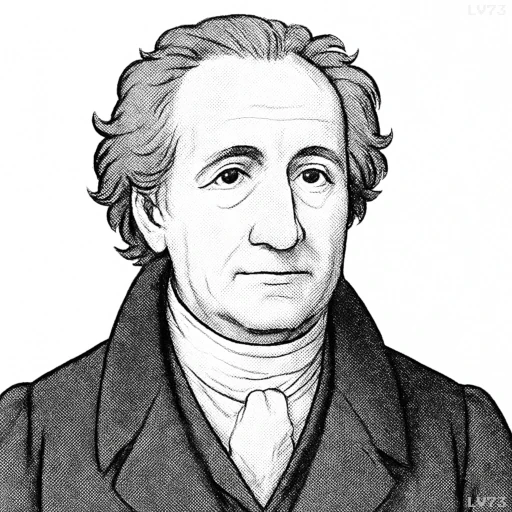“If you treat an individual as if he were what he ought to be and could be, he will become what he ought to be and could be.”

- August 28, 1749 – March 22, 1832
- German
- Poet, playwright, novelist, philosopher, politician
table of contents
Quote
“If you treat an individual as if he were what he ought to be and could be, he will become what he ought to be and could be.”
Explanation
Goethe suggests that the way we treat others has a profound impact on their growth and potential. By believing in someone’s capabilities and treating them with respect, trust, and expectation, we help them see their own potential. When people are treated with the belief that they can be better, they are more likely to rise to that expectation and fulfill their potential. This principle reflects the power of positive reinforcement, supportive leadership, and constructive encouragement. Rather than focusing on someone’s current flaws or limitations, treating them as the best version of themselves helps them grow into that ideal.
Historically, this idea aligns with Goethe’s belief in the transformative power of personal relationships and the impact of perception on human behavior. In the Romantic and Enlightenment periods, there was a growing emphasis on the idea that people are capable of growth and change, and that nurturing those around us with high expectations and supportive environments leads to their development. Goethe recognized that by seeing the best in others and encouraging them to reach their potential, we could help foster positive transformation.
In modern contexts, this idea is widely applied in education, leadership, and parenting. For example, teachers who believe in their students’ potential, even when the students may not believe in themselves, can inspire growth and achievement. In leadership, managers or leaders who treat their team members as though they have the potential to grow and succeed help cultivate an environment of trust, motivation, and development. This approach, often called the Pygmalion Effect or self-fulfilling prophecy, suggests that positive expectations can lead to positive outcomes.
Goethe’s words remind us of the power of belief in others. When we treat people as if they are capable of reaching their highest potential, we create an environment that allows them to do just that. Through our encouragement and expectation, we help others become who they ought to be and can be.
Would you like to share your impressions or related stories about this quote in the comments section?




